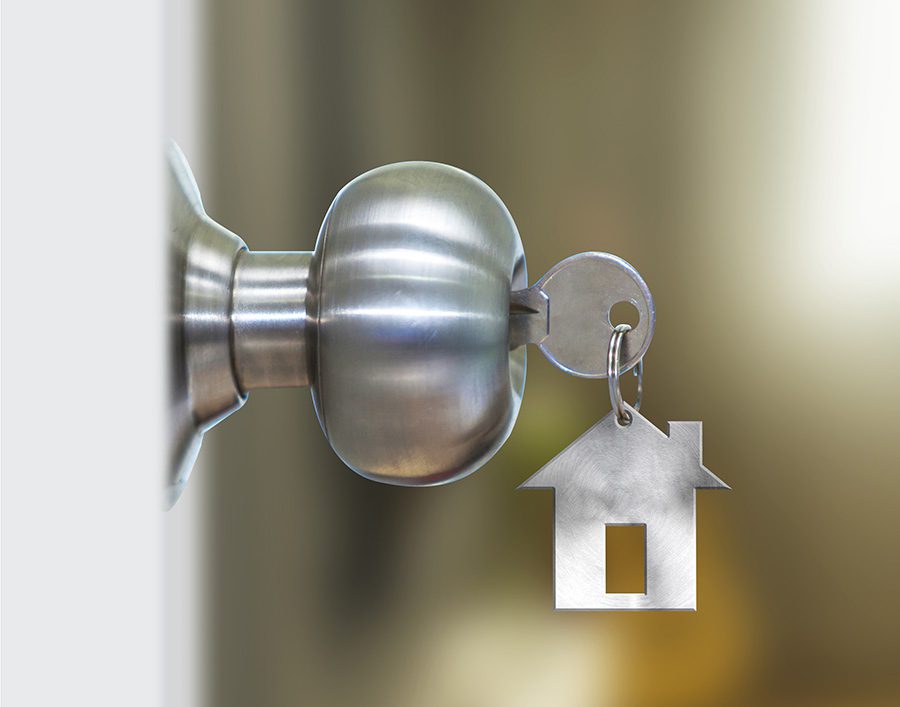Most people envision living out retirement years in a home with a paid off mortgage, or downsizing to buy a smaller home. In fact, close to 80 percent of people 65 and older own their own homes. However, a growing number of retirees are reimagining the traditional retirement model. Renter households over 60 have increased considerably—growing 43 percent over the past decade, outpacing owner households and growing faster than other age groups, according to RentCafe. For those retirees who decide they no longer need the space or the upkeep that comes with a large home, renting makes sense from both a financial and lifestyle perspective.
For retirees who decide to sell their home and move into an active adult or independent-living rental community, there are myriad financial benefits. Mortgage payments, property taxes, and ever-rising homeowners insurance rates are all eliminated, along with the sometimes unpredictable repair expenses that come with a larger home. By selling their home, seniors can use the equity to better manage their retirement financially, freeing up funds for investment, travel and future healthcare expenses.
Moving into a rental home or apartment also means fewer estate headaches. Children often disagree over what do with a parent’s house after their death: one might want to move in, while another may want to sell. And selling the family home can be an emotional and complicated process for heirs. The move to a rental community gives retirees an incentive to downsize, declutter and give away family heirlooms and other cherished possessions now, leaving fewer decisions for children and grandchildren to make later on.
Renting can also be a less costly, more convenient lifestyle, giving retirees the freedom to try out new towns, and move closer to children or grandchildren. With a rental home, all the maintenance chores—from lawn care to raking leaves to exterior painting—are now handled by the property management team. And of course, there are the amenities that many active-adult and independent-living complexes offer—from resort-style clubhouses and swimming pools to fitness centers, walking trails, and a full calendar of social events.
Retirees should think long-term when deciding to rent or own in retirement, and talk with their financial advisor to determine the best strategy. Weighing factors like the impact on retirement savings and spending, investment returns, and home appreciation will help determine the best course of action.
